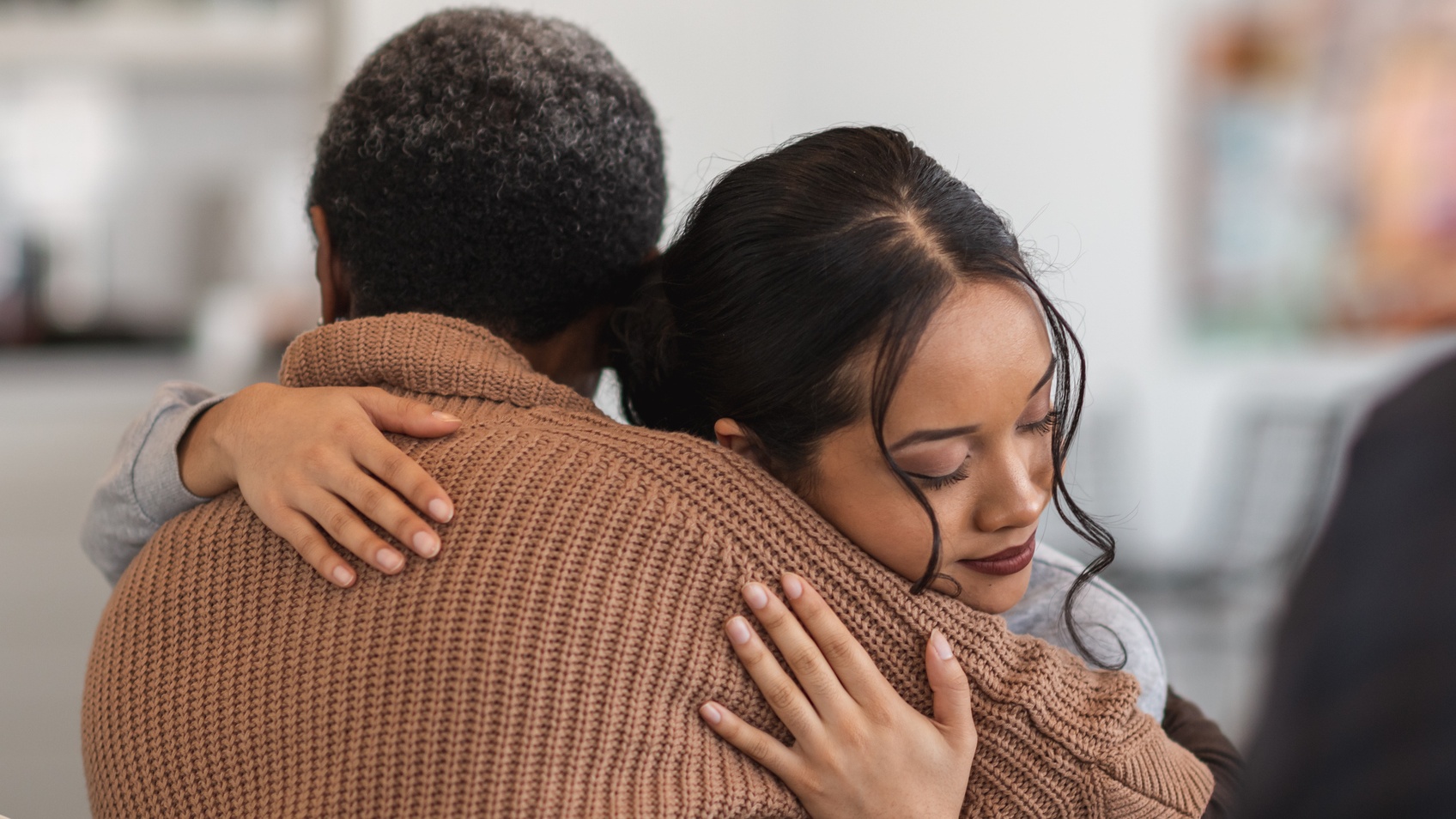As several states have issued stay-at-home mandates to help prevent the spread of the coronavirus, concerns have arisen about the safety of women and girls.
According to the Collective Future Fund, violence against women and girls of color and those in the LGBTQ, Indigenous and immigrant communities increases during a crisis. To combat the harrowing reality some women face, the organization told Blavity on Tuesday it's launching a $2 million rapid response Survivor Safety and Support Fund.
The fund, which intends to address the needs of the impacted communities, will provide financial support to survivors and women in low-income communities. The fund will also assist with promoting efforts to implement safety precautions for survivors deemed essential employees amid the coronavirus outbreak.
As the novel coronavirus forces organizations and companies to shut their doors and halt operations, survivors of violence face the risk of losing access to support centers and services as they become less available. Survivors may also become fearful of reporting violence during shelter-in-place orders, the organization explained in a statement to Blavity.
“As a funding collaborative, the Collective Future Fund has the ability to fuel coordination and collective action by supporting healing and mobilization efforts to ensure the safety of women and girls during the COVID-19 pandemic," said Aleyamma Mathew, the fund's director.
"A value core to our work is the conviction that resourcing women of color survivors and movement leaders as organizers, experts, and strategists can transform the future for everyone," Mathew added.
The organization's announcement of the fund comes on the heels of a United Nations leader expressing concern over rising reports of domestic violence due to the coronavirus.
UN Secretary-General António Guterres said the world has seen a "horrifying surge" of domestic violence cases, as Blavity previously reported.
In a video shared to Twitter, Guterres urged national governments to include a domestic violence prevention plan in their economic stimulus packages.
Peace is not just the absence of war. Many women under lockdown for #COVID19 face violence where they should be safest: in their own homes.
Today I appeal for peace in homes around the world.
I urge all governments to put women’s safety first as they respond to the pandemic. pic.twitter.com/PjDUTrMb9v
— António Guterres (@antonioguterres) April 6, 2020
The Collective Future Fund will continue working on the frontlines, collaborating with other nonprofits on how to best protect and support women and girls during this time.
According to the organization, women make up two-thirds of the nearly 24 million workers in 40 of the lowest paying jobs in the nation. Of that percentage, members in the LGBTQ community and minorities make up a large portion of service workers in industries like home health care and hospitality.
Women of color could also face the possibility of losing health benefits and job security due to the mounting layoffs caused by many companies closing their doors temporarily and others for good, CNN reported. Yet, women with essential jobs are putting their health and lives at risk as they go unprotected in various workplaces.
Other community leaders and healthcare professionals have spoken out about the disproportionate effects the virus has on the Black community.
Attending physician Michelle Mpasi in Pennsylvania said that white privilege and racial bias have caused Black patients to be overlooked in the healthcare system.
On Tuesday, U.S. Surgeon General Jerome Adams said Black people were "at higher risk for COVID" due to widespread preexisting health conditions and socioeconomic status. His comments come just days after some states revealed the disproportionate rates of Black people contracting the virus and suffering harrowing complications.

